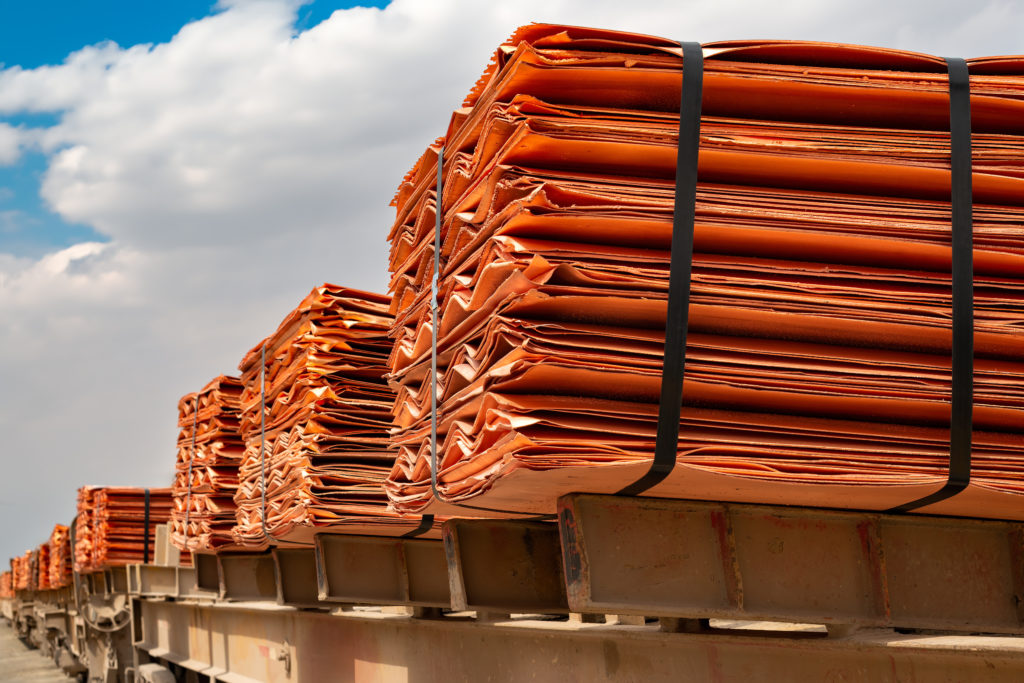April ’25 Market Intelligence

Copper Prices Rise as Tariffs are Mandated
As of early 2025, tariffs have been more anticipated on being mandated on all imported
goods from China. With Trump now in office, tariffs may serve multiple purposes. In countries
like the United States, they are often used to influence global prices or to respond to real or
perceived unfair trade practices, while also trying to encourage domestic production of
import-competing goods at the expense of export-competing industries. In this sense, they act
as tools of economic redistribution. However, this leads to a higher customer price for both
imported and domestically traded goods. One in imported material in particular are the copper
imports which are leading to record highs for copper. When copper is imported from
tariff-targeted countries like China, the cost goes up immediately. Another reason is because
traders are rushing to import copper before the tariffs are implemented, increasing demand and
pushing prices upward. Regardless, this added cost trickles down to manufacturers and
eventually to customers.
Copper is a critical component in electric vehicles, exclusively in EV’s batteries, wiring
and motors. Copper has even been crowned as the “metal of electrification”. The surge in
copper prices raising productions costs for EV automakers, which leads to higher costs for
customers and companies the fabricate the vehicles. The U.S by itself doesn’t produce enough
copper domestically to meet current demand, especially for EV production. To put on scale,
most Electric vehicles require approximately 180 pounds of copper. This is significantly more
than gasoline-powered cars. The mandated tariffs could add about $275 in raw material costs
per EV and this price change is most likely going to pass along to the customer’s wallet. Copper
is an essential material for national security, economic strength, and industrial resilience. So as
much as it effects EV’s, it also defeats the whole purpose in being eco-friendly driving EV’s
because demand is more elevated, which isn’t necessarily eco-friendly. In conclusion, since
copper is not only vital to EVs but also to national infrastructure and renewable energy, tariffs
shift copper usage toward priority sectors, making it even more scarce and expensive for
automakers.
Sources:
https://www.usu.edu/today/story/qampa-tariffs-trade-policy-with-economist-john-gilbert/
https://heatmap.news/energy/copper-tariffs?utm_source=chatgpt.com
https://www.mining.com/web/copper-price-rises-in-us-and-slips-in-london-after-trump-tariff-threat
WRITER:
Mason King
Market Intelligence
ASPIRE